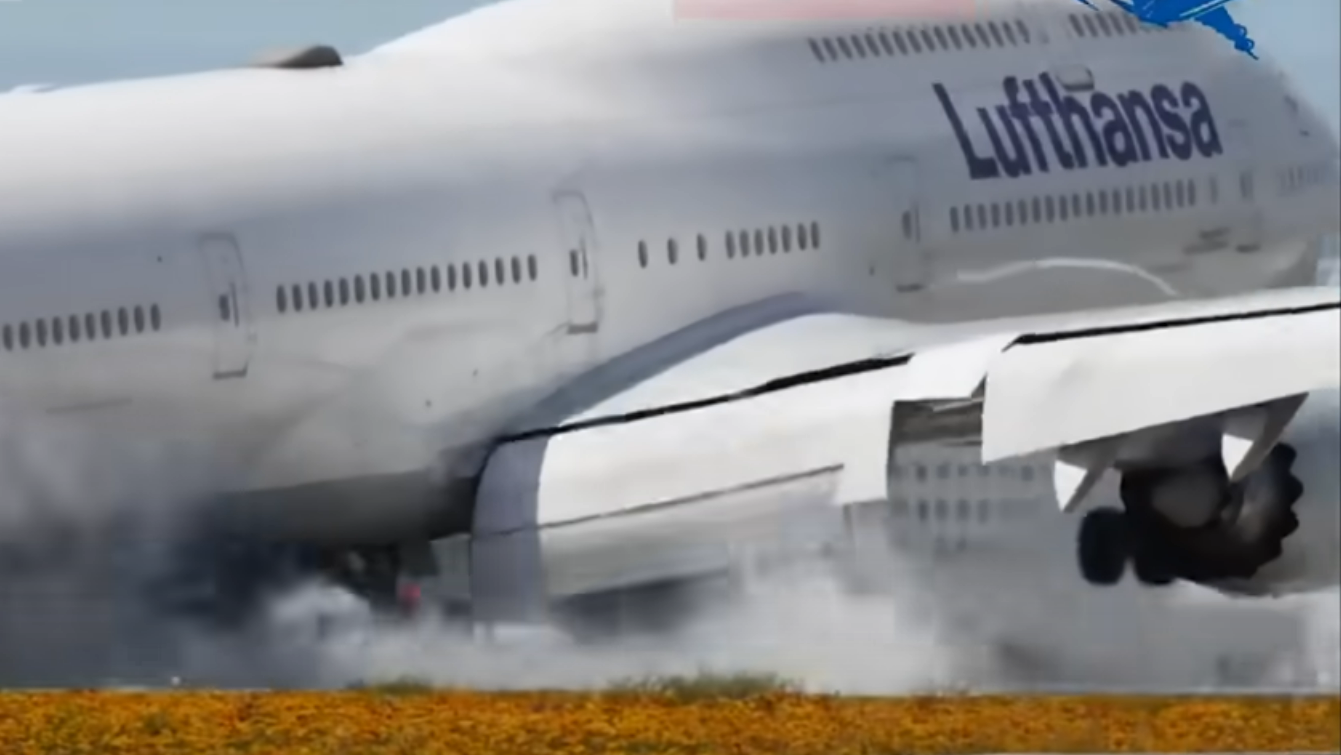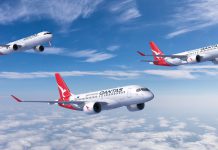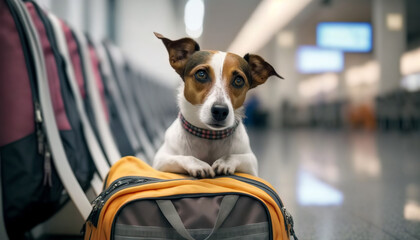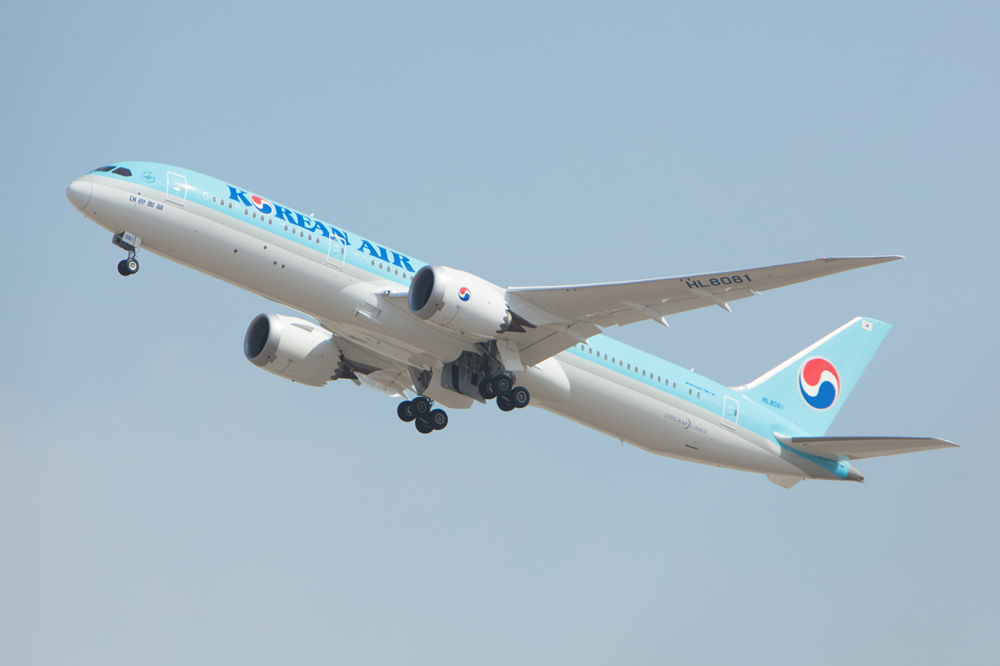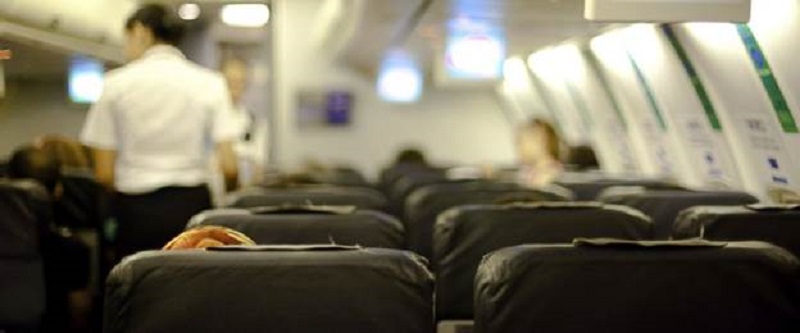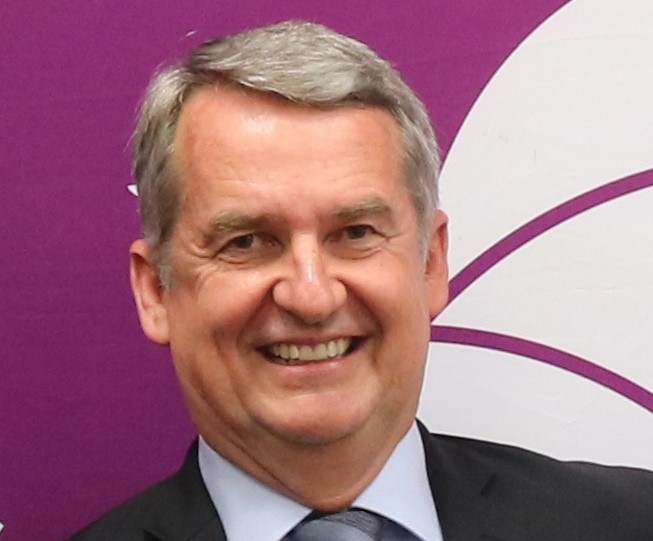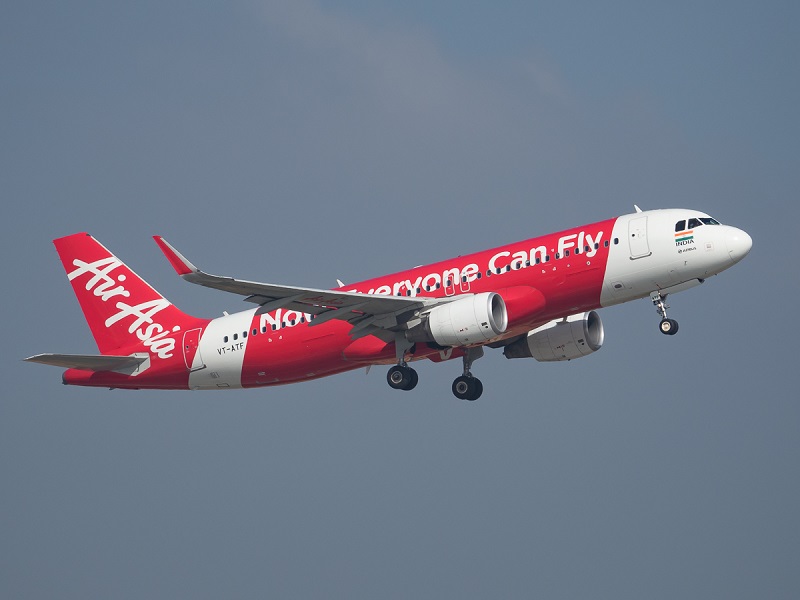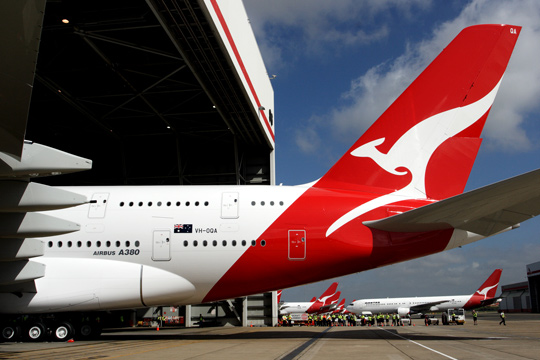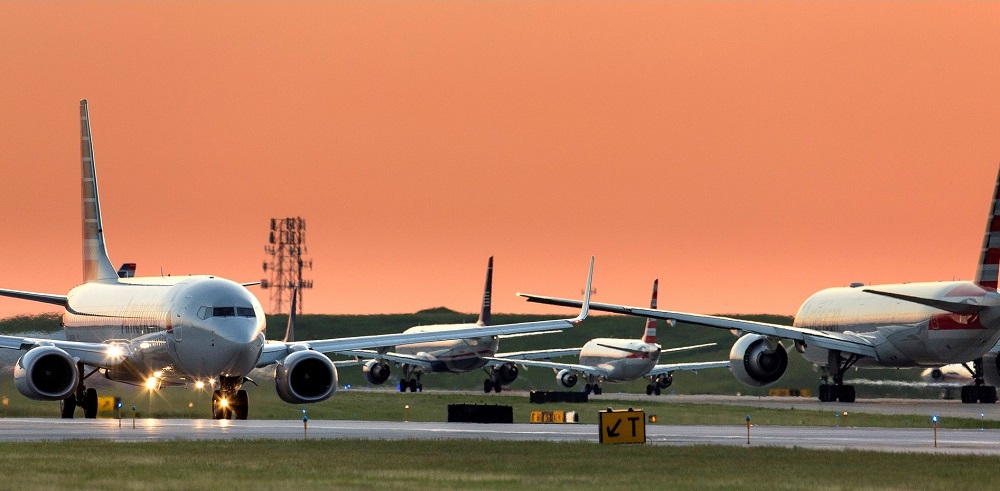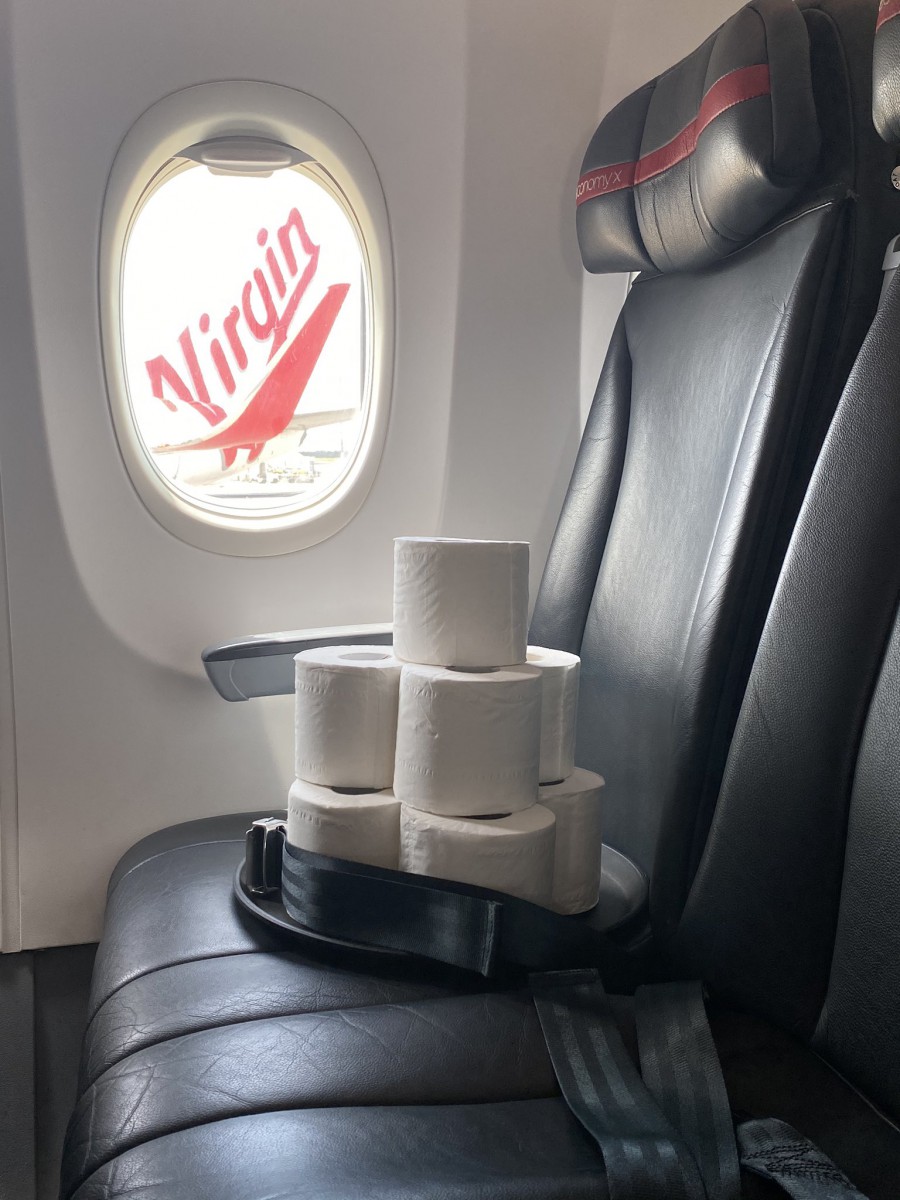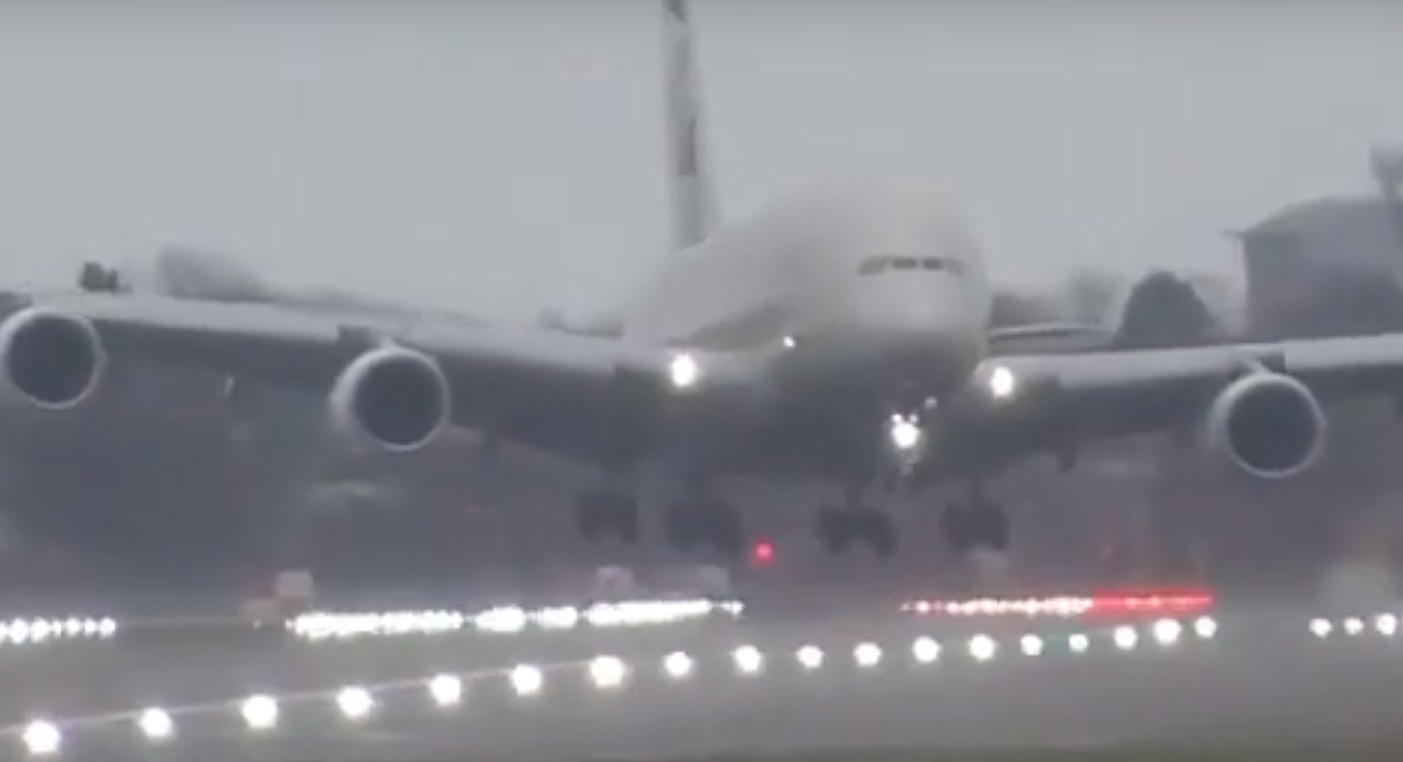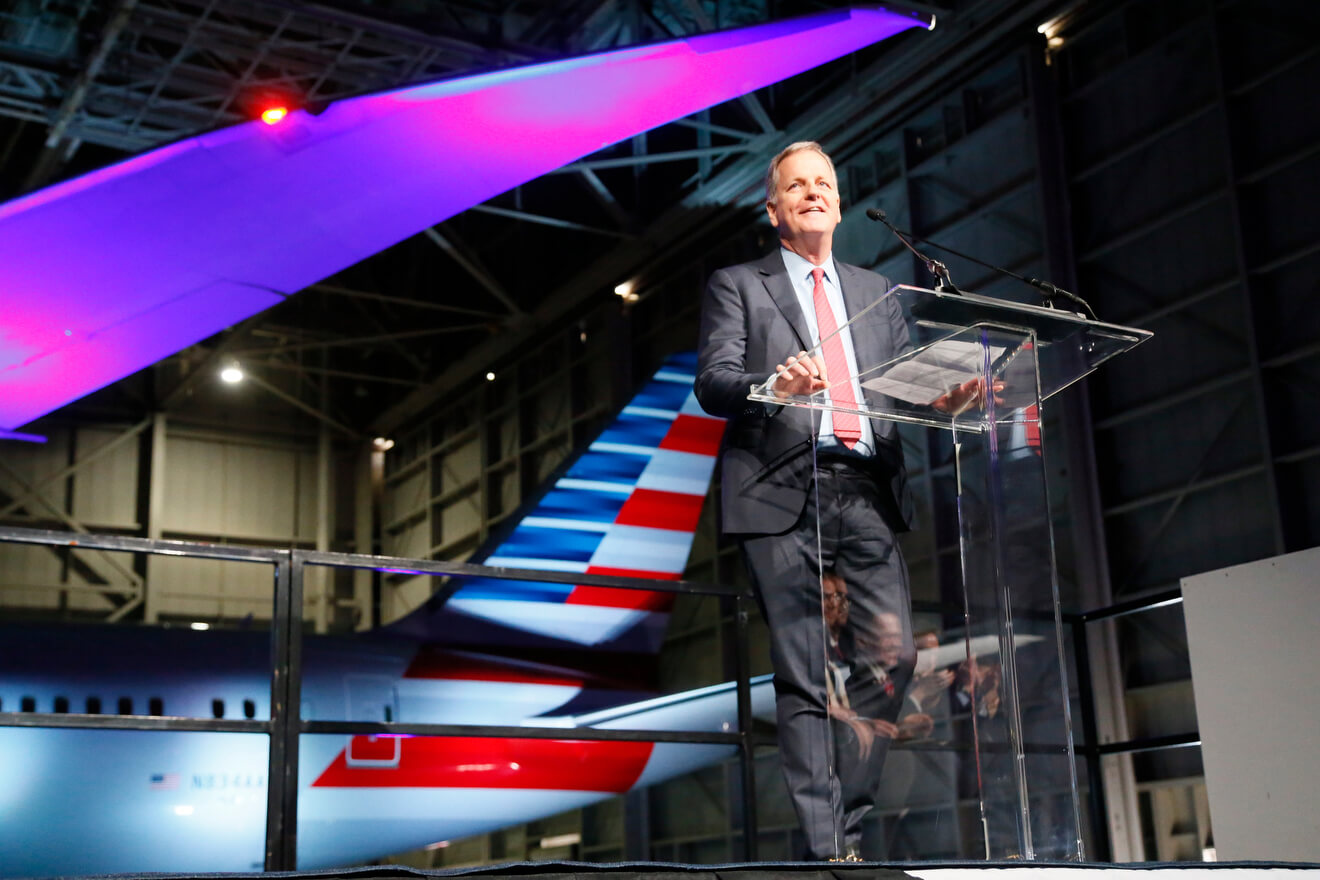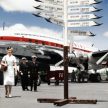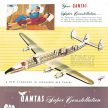The International Air Transport Association has significantly updated its forecast for global airline revenue losses stemming from the COVID-19 virus to between $US63 billion and $US113 billion.
That’s up from a previous estimate of about $US29 billion.
The lower forecast assumes COVID-19 is contained to markets with more than 100 cases while the higher figure, which would be equivalent to the global financial crisis, assumes it spread more widely.
READ: FLYBE in administration as flights cancelled
IATA said airline shares had fallen 25 percent since the COVID-19 outbreak, some 21 percentage points greater than the decline during the 2003 SARS crisis.
But it noted the fall already priced in the shock to industry revenues.
“The turn of events as a result of COVID-19 is almost without precedent,” said IATA director general Alexandre de Juniac.
“In little over two months, the industry’s prospects in much of the world have taken a dramatic turn for the worse.
“It is unclear how the virus will develop, but whether we see the impact contained to a few markets and a $63 billion revenue loss, or a broader impact leading to a $113 billion loss of revenue, this is a crisis.”
The IATA boss said many airlines were cutting capacity and taking emergency measures to reduce costs.
“Governments must take note. Airlines are doing their best to stay afloat as they perform the vital task of linking the world’s economies,” he said,
“As governments look to stimulus measures, the airline industry will need consideration for relief on taxes, charges and slot allocation. These are extraordinary times.”
Even the limited spread would see a big fall in passenger numbers.
IATA said this would include China (-23 percent), Japan (-12 percent ), Singapore (-10 percent ), South Korea (-14 percent), Italy (-24 percent), France (-10 percent, Germany (-10 percent), and Iran (-16 percent).
Additionally, Asia (excluding China, Japan, Singapore and South Korea) would be expected to see an 11 percent fall in demand.
Europe (excluding Italy, France and Germany) would see a 7 percent fall in demand and Middle East (excluding Iran) would see a 7 percent fall in demand,
In the worst-case scenario, Canada and the US would see a comparatively modest 10 percent fall in passenger numbers.
But Australia, China, Japan, Malaysia, Singapore, South Korea, Thailand and Vietnam would collectively see a 23 percent fall in passenger numbers.
The rest of the Asia-pacific would see a 9 percent fall.
In Europe, Austria, France, Italy, Germany, Netherlands, Norway, Spain, Switzerland, Sweden and the United Kingdom would collectively see a 24 percent fall. The rest of Europe would see a 9 percent decline.
Bahrain, Iraq, Iran, Kuwait, Lebanon and the United Arab Emirates would experience a 23 percent crash while the rest of the Middle East would see passenger numbers fall by 9 percent.


